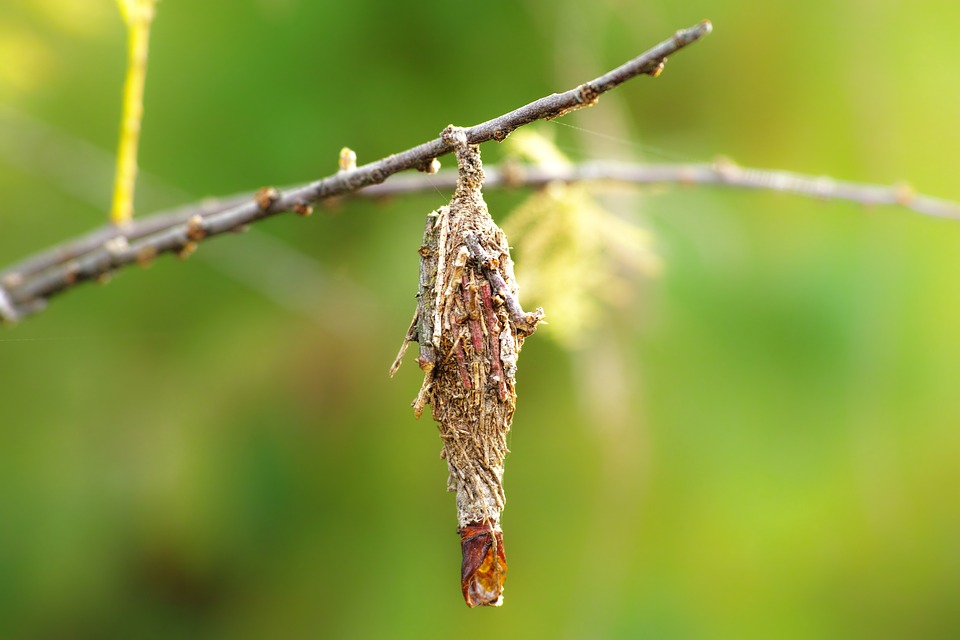As a technician, it’s vital to understand not only the materials you are working with, but also why you should get certified (and eventually recertified). Knowing about pesticides and how to correctly use them will keep yourself, other technicians, clients, and the environment safe.
Why Get Certified?
Technicians who wish to apply or manage pesticide use are required by the EPA to become certified and get recertified every three years. Customers need to know that you are educated and know what you are doing when you spray pesticides on their property. That way, not only will their property be safe, but they can have confidence that they hired the right person.
Certification will also help allay any fears that they may have about pesticides, as you will be able to explain what you are doing and why. You should be seen as a knowledgeable professional who cares about the health and safety of your clients and their property.
The Right Chemicals for the Job
Knowing how pesticides work will help you pick the right chemicals for the job. With tried-and-true methods to the newest pesticides on the market, knowing what is best for a certain plant is vital to its health. For example, if you choose the wrong pesticide for a plant, it could burn the plant.
There are several types of pesticides for different uses. Knowing how to apply the right one will go a long way in building a client’s trust and keeping their plants healthy and beautiful:
- Pre-emergence pesticides are sprayed before a plant has emerged. They won’t work if the plant has already surfaced.
- Post-emergence pesticides are those that are applied to plant after they have emerged.
- Persistent pesticides are those that stay on the plant for a certain amount of time. Sometimes, these aren’t the best because they could pose a problem. For example, if sprayed in a yard where children and pets play, it could pose a health risk.
- Non-persistent pesticides are those that break down quickly in the environment. If you’re going to use a non-persistent pesticide, make sure it will work before it begins to break down. Otherwise, it will not be as effective.
Educate Clients about Pesticides & Alternatives
Pesticides are safe and play an important role in plant health care management. However, as a technician, you may have a client that is wary of pesticide use – perhaps they don’t want to risk harming the environment or the health of people and pets on the property.
Plants can be made healthy without pesticides. The trick is to balance pesticide use with alternative methods like:
For example, if a tree has a history of bagworms, you, as a plant health care specialist, may first choose to use alternative methods to address the problem. Handpicking bagworms off of the tree is a highly successful solution, but labor intensive. Then, if bagworms come back, you can move on to pruning the tree before using a pesticide to remove the bagworm problem altogether.
People want their properties to look good, so it’s vital that you talk with clients before spraying in order to understand their needs and concerns.
